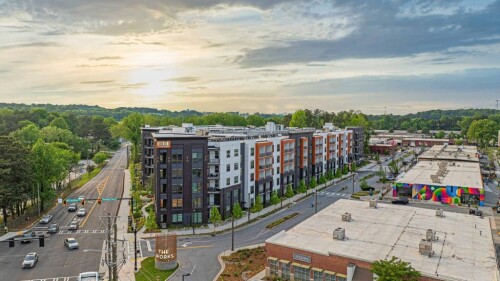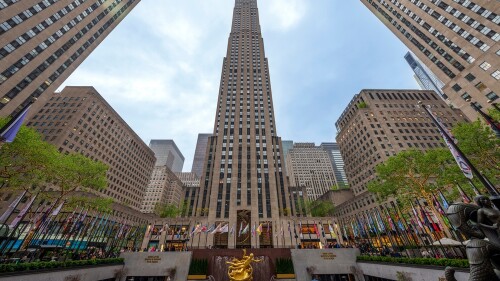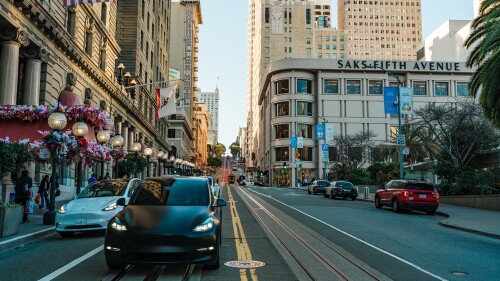Mixed-Use
The historic Powell Avenue Steam Plant, located in downtown Birmingham, Alabama, represents an extraordinary opportunity to reimagine a piece of the city’s industrial heritage. Spanning a 3.09-acre (1.24 ha) site in the heart of Birmingham’s vibrant Parkside District, this historic property is poised to become a cornerstone of downtown’s continued revitalization.
Canada’s real estate market is in the midst of a pivotal shift as the Bank of Canada (BoC) rolls back what has been “higher for longer” interest rates. Yet despite welcome relief on financing costs, real estate leaders are still moving somewhat cautiously amid uncertainty and fluid market dynamics.
The Covid-19 pandemic led to a foundational shift in how and where people work. As the real estate industry has sought to better understand how the pandemic has affected cities as a whole, the concept of the “urban doom loop” has frequently been mentioned as one of the most negative effects of the global health crisis, particularly in the U.S.
Kansas City’s Berkley Riverfront, on the banks of the Missouri River, is rapidly becoming one of the most promising urban developments in North America. With a history rooted in trade and commerce, and an unmatched reputation for world-class sports, the Heartland of America riverfront is on the brink of becoming a diverse, modern-day community hub of activity, blending residential, commercial, and recreational space.
A recent announcement from the Atlanta city government has once again sparked conversation around the redevelopment of a once-vibrant mall in Atlanta’s historic West End neighborhood.
The construction landscape has largely held steady across the United States and Canada.
Spanning 80 acres (32.4 ha) and 1 million square feet (93,000 sq m) of industrial space, The Works is located off Chattahoochee Avenue, a once-quiet industrial corridor on the west side of Atlanta. This pocket of the city—now known as the Upper Westside with a new CID to prove it—has seen explosive growth since plans for The Works were announced in 2017.
Chicago has become one of the many major cities nationwide whose downtown office market has been negatively affected by the pandemic and the associated increase in remote work. To boost development in its downtown core, the city of Chicago recently announced that it will offer $150 million in subsidies to real estate developers. The move will help develop more than 1,000 apartments in four separate adaptive-use developments.
According to the World Green Building Council, buildings currently account for a staggering 39 percent of global emissions, while trillions of dollars’ worth of real estate assets are at risk due to climate-related disasters. At the same time, utility providers are struggling to scale infrastructure to meet growing energy demands spurred by economic growth and development and unprecedented temperature extremes resulting in higher than usual utility charges and devastating outages. Now more than ever, the industry’s progress toward net zero emissions and resilience is critical.
ULI San Francisco recently hosted a panel revisiting the recommendations made by ULI Advisory Servies panelists to revive the downtown and highlighting the progress that has been made.








![30_north_lasalle_street_8712042[1].jpeg](https://cdn-ul.uli.org/dims4/default/4322ee3/2147483647/strip/true/crop/465x261+0+235/resize/500x281!/quality/90/?url=https%3A%2F%2Fk2-prod-uli.s3.us-east-1.amazonaws.com%2Fbrightspot%2Fcb%2Fbe%2Fec9022084f7ca4fca698c5e7c0d5%2F30-north-lasalle-street-87120421.jpeg)

